This podcast found in:
- Raw RecipesRaw Recipes Index
- MoreGoodies, About, Praise + More
- StoreApps, Courses + More
- CelebrateSeasonal Suggestions
- New To Raw?Start Here
- WellnessCreating Healthy Habits
- CommunityRawtarian Community
Hello Beautiful!
It looks like you're new to The Rawtarian Community. If you'd like to get involved, click one of these buttons!
Login to Community Signup for an account Login using FacebookTrending Community Recipes
Latest in the Community Forum
-

FAQs re: Points, Leaderboard and Ranks!
Alfredmeikle704 Deleted - 5 days 4 hours ago -

Which dried fruits are excellent in winter for a quick energy boost?
jesse628wallick Deleted - 1 week 31 min ago -

Varicose Veins
Warwithra Deleted - 1 week 17 hours ago -

Cenforce | To Manage All Sexual Difficulties
jesse628wallick Deleted - 1 week 23 hours ago
-
- Community









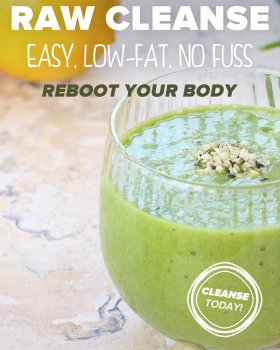











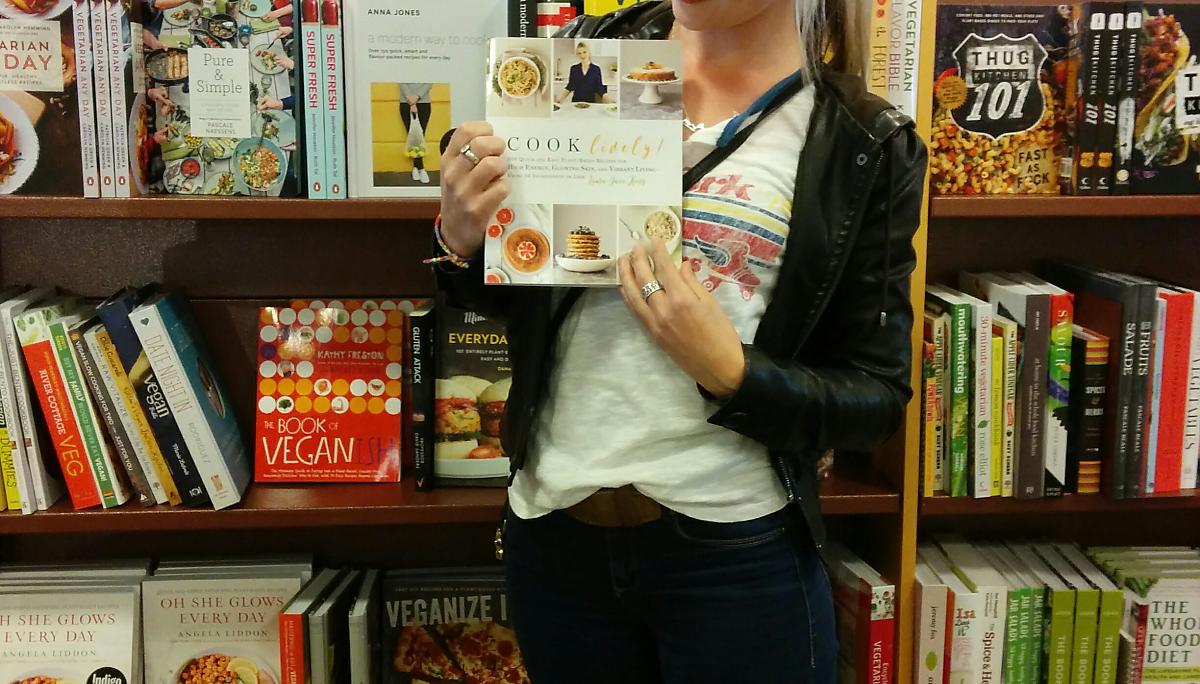
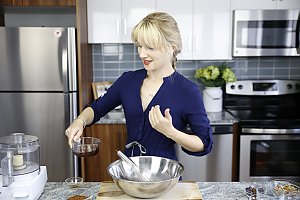
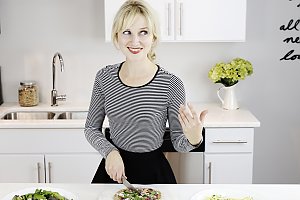
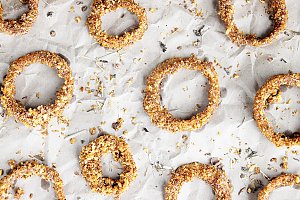
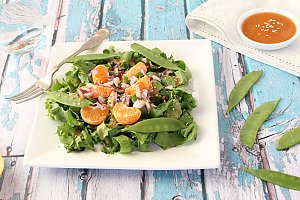
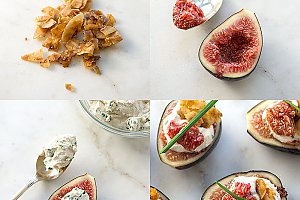
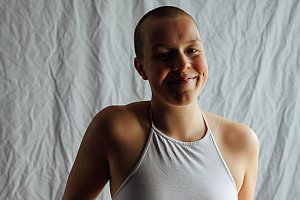
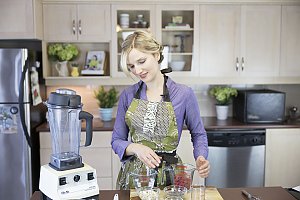
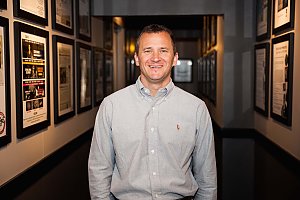
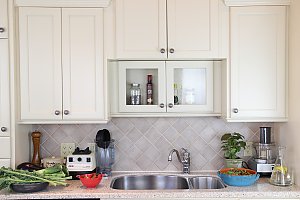
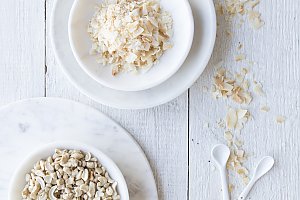

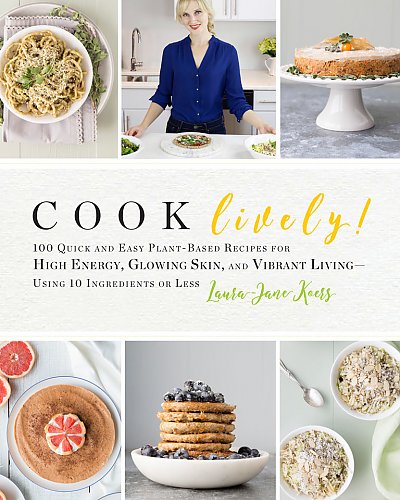
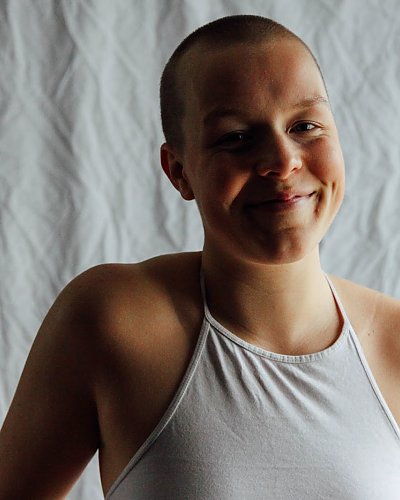





















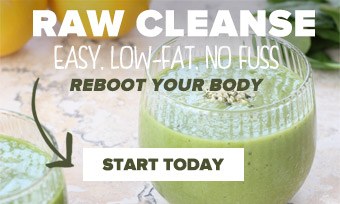
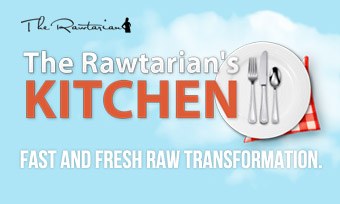
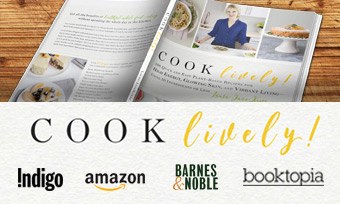
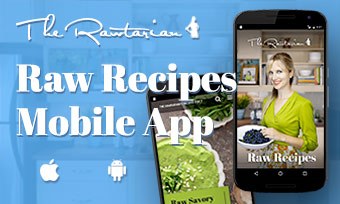
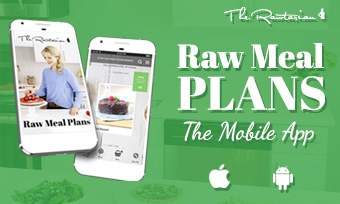


Comments
Top voted
The Rawtarian
Apr 19, 2018
Hi Donald,
Thanks for your note! I'm glad you enjoyed that episode, which was Episode #55 of The Raw Food Podcast (Topic: But where does the fat go when you lose it?).
The actual link to the Ted Talk The Mathematics of Weight Loss is here.
I hope this helps!
Donald Horton
Mar 17, 2018
Hello, awesome podcast. Can you help me out please? I’m looking for the link or the man name dealing with mathematics of weight loss. Thanks I’m advance.
All
Donald Horton
Mar 17, 2018
Hello, awesome podcast. Can you help me out please? I’m looking for the link or the man name dealing with mathematics of weight loss. Thanks I’m advance.
The Rawtarian
Apr 19, 2018
Hi Donald,
Thanks for your note! I'm glad you enjoyed that episode, which was Episode #55 of The Raw Food Podcast (Topic: But where does the fat go when you lose it?).
The actual link to the Ted Talk The Mathematics of Weight Loss is here.
I hope this helps!
Leave a Comment